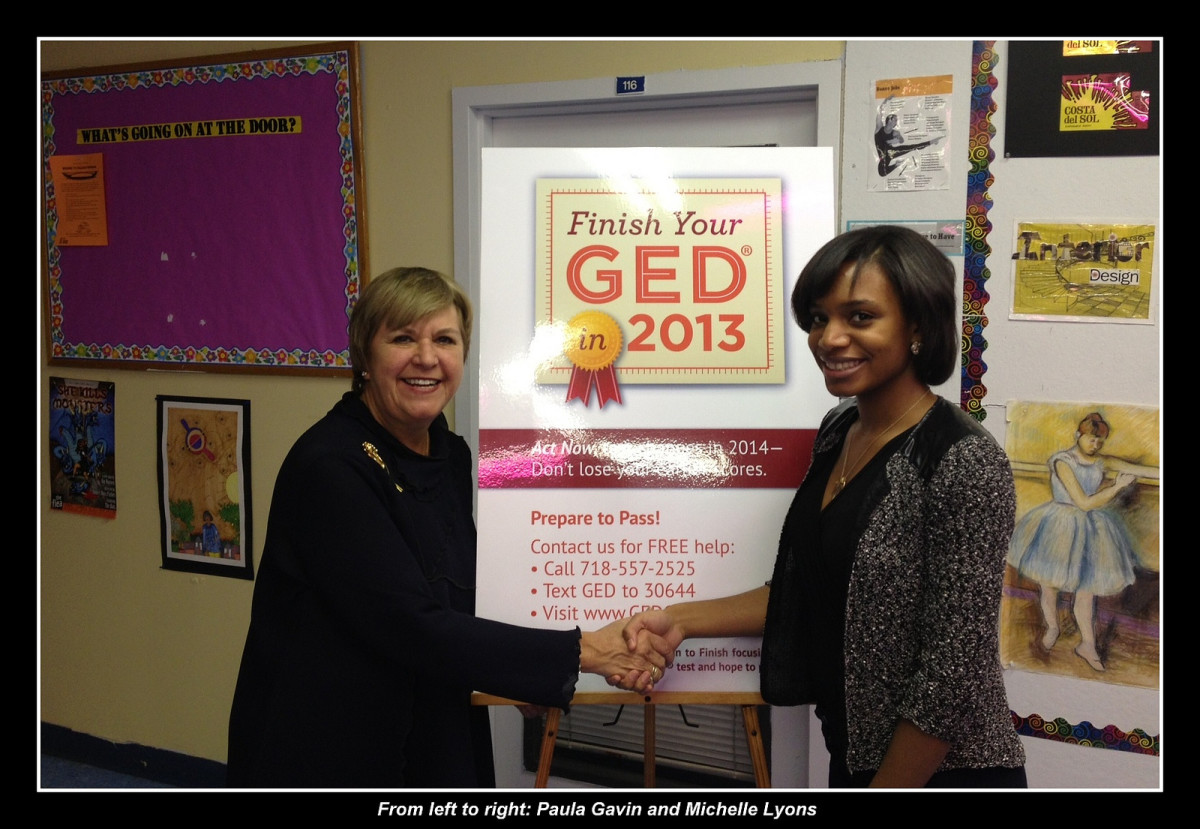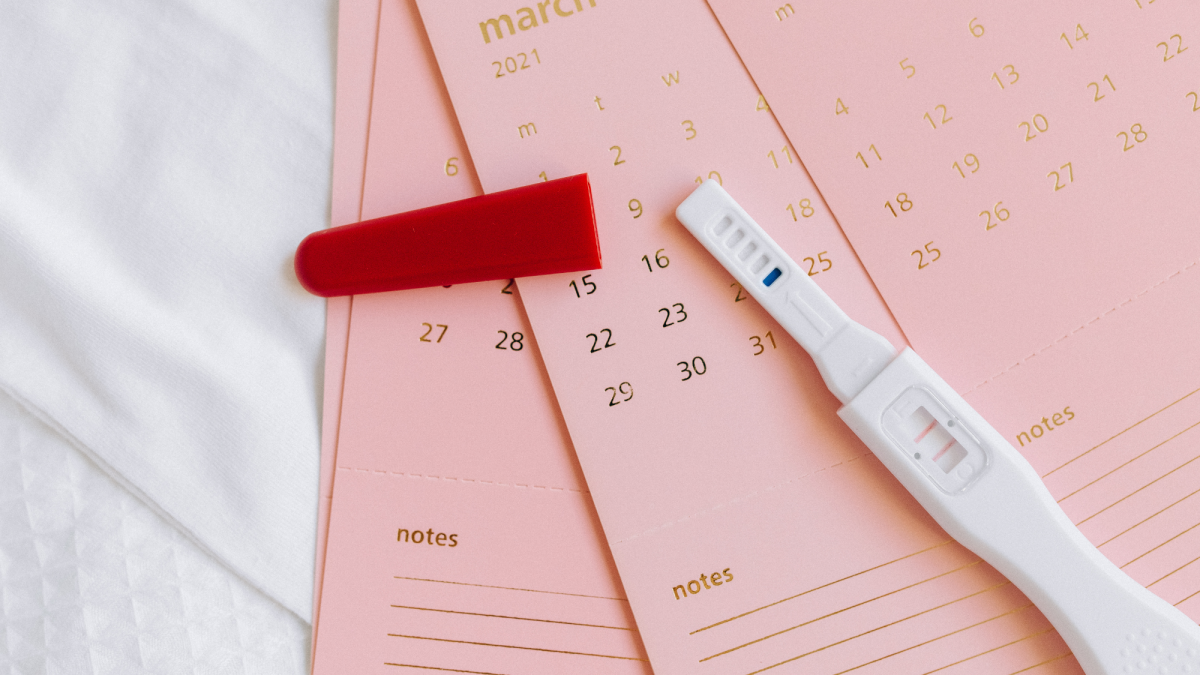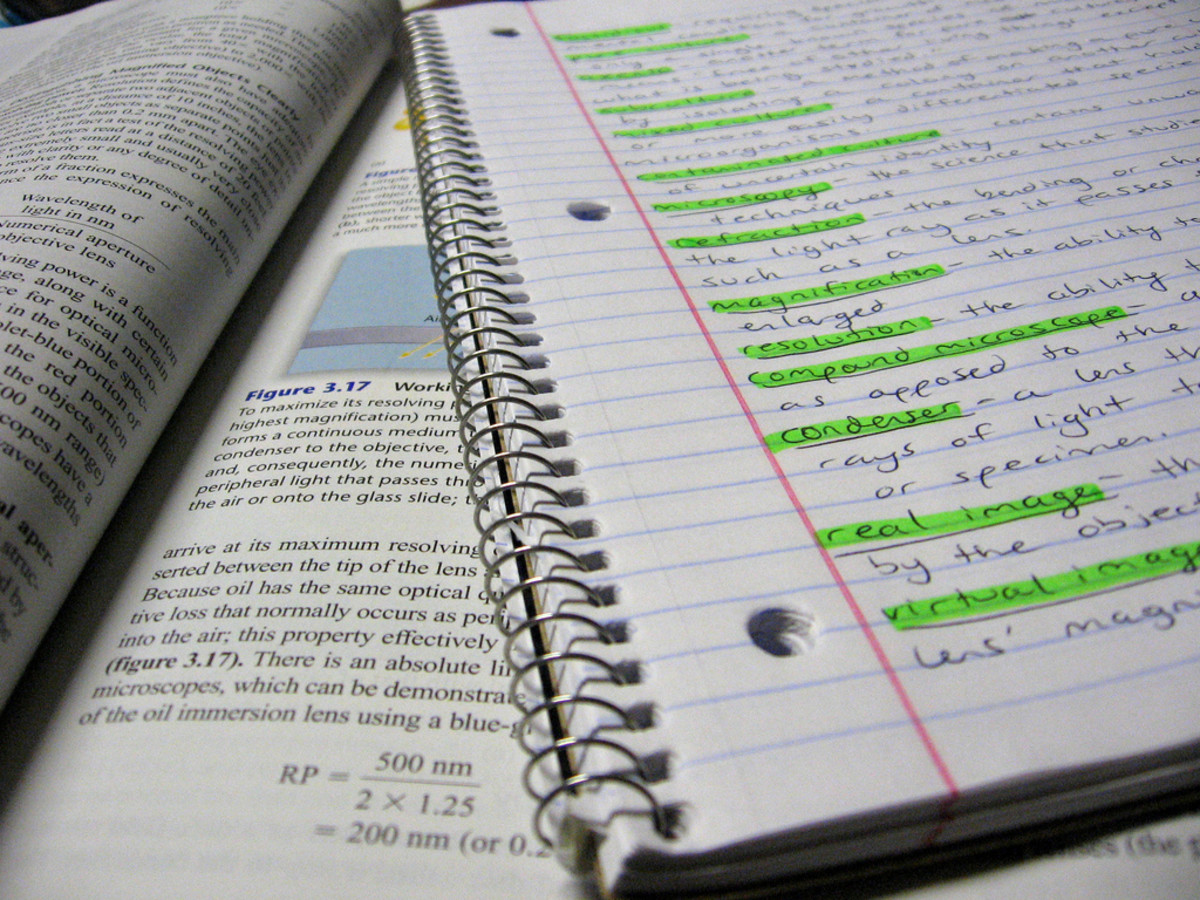Passing The Test - A Look at Successful Test Taking
More Help With Tests
Passing The Test
Few things scare people like the word TEST. Yes college exams can be very frightening and stressful. The key to them just like anything else in life is to be successful you must be prepared.
Studying for a test is actually a lot easier than most people think. There are easy steps to successfully studying, but before we get into that let’s talk about the four main types of tests. First is the multiple choice tests, consisting of a question and four to six answers. Next is True / False questions, which if playing the odds have the best chance of getting the answer right. Third and my least favorite is the fill in the blank type of tests. Unless the words are listed to the side, this is the hardest to remember and spelling can kick you if you get it wrong. Final and my favorite are essay questions, short one or two paragraph answers about a topic.
All four tests will give you a grade on how well you know the topic, and whether or not you pass the class. Successful study habits will increase your grades immensely so let’s look at some pointers on how to study for the test.
Hopefully you have read the material and taken notes, successful test preparation first must be built on the foundation of serious study. That said, assuming you know the key topics of the subject matter and you want to focus on the details next. Re-reading the chapters, notes are always a good idea, but you probably don’t have time for it, especially at finals.
Studying for the Test
Follow these steps to get the most out of your studies.
1. Get your materials, notes, handouts, quizzes, etc. organized and ready to use.
2. Get out a clean notebook for taking notes and reviews.
3. Get your textbook. If the book has a review section, test yourself on this. If you have been given a review for the class, test yourself from this also.
4. Write your answers and leave any you don’t know blank, if unsure make a guess and then underline it, separating this from the ones you think you know.
5. Check the answers in the chapter and see if you are correct. If you are not, cross out the incorrect answer and write down the correct answer.
6. Focus on memorizing the ones you got wrong; you don’t need to restudy the ones you got right unless time allows it. If you miss more than half of them then restudy the complete material as closely as possible with the time allowed.
7. After finishing the review take out and extensively study your class notes, especially things covered by the professor during the class, most professors test on things they cover in class, so pay attention when taking notes.
8. To fully test your knowledge on a topic, try speaking about it in front of a mirror or webcam on your computer and play it back so you can see if you sound convincing.
9. Form a study group, although most of your study time should be solo, having a study group to hit things off of that you don’t understand will help.
10. Write down key names, dates, and formula on a 3X5 card and study it before class, to help you remember the specifics.
The Tests Themselves
First and the most popular is the multiple choice test. There is a question and usually four to six answers. You might be the gambling type and just mark them like crazy and hope for the best like a bad game of roulette. Instead here are a few things to think about. Read the question closely, making sure you understand what it is asking. Next look for impossible answers. Words like “always, all, every, none, never” are usually wrong answers. In reality most things are not absolute. Read all of the answers, if two or more of the questions are very similar or completely different one of them is probably the correct answer. If you are unsure of the correct answer, cross out the answers you know are wrong, and then you will have less to choose from.
Second True / False Tests, as stated before have the best odds of passing, but still a 50% is nowhere good enough so study for these too. Like the multiple choice look for impossible answers, these are usually false. Look for the one that makes the most sense, if it seems logical it probably is.
Third the Fill in the Blank tests are the hardest unless a list of words are included, if not, this test should be considered a spelling test and you should practice spelling these words, I would suggest 5 times a day for at least a week or 10 times if less. Some professors will deduct points for misspelled words.
Fourth and my favorite is the Essay. Some people love to write others dread it, either way, when preparing for the test, talk to yourself and explain the answers to yourself; most professors want to make sure you know the topic so in the essay describe it like you would to a friend, in semiformal speech. It shouldn’t sound like the textbook, it should sound like you. If it sounds too formal the professor might think you are plagiarizing the work. Don’t be too informal though; keep it professional but not formal.
Open Book Tests
Yes they do happen, sometimes often and sometimes unannounced. Some people actually score worse on open book tests then they would if they were unassisted. Before you open the book, go through the test and answer what you know. Then use the book, which will slow you down hunting for the unknown answers. If you try to use the book the whole time you will probably run out of time before you finish the test. Open books are a blessing and a curse, use wisely.
So there you go some suggestions for studying for your test pointers during the test and a warning for the “helpful” open book, remember nothing pays like paying attention in class and to what you are reading. Good Luck on your next test.









